We all know that ginger has many useful and healing properties. The earliest historical sources that tell about the properties of ginger date back thousands of years. Ancient medical literature, that comes from the Middle East, Asia and Europe, describes many and varied ways and methods of ginger root treatment.
Ginger is a cultivated plant and does not grow in wild soil. Historians claim, that the homeland of the plant is in East Asia - it originates from China. Thanks to the Arabs, the plant reached ancient Greece and the Roman Empire. Europe has known ginger since the 13th century, when Marco Polo brought it from the Old Continent. Initially, it was used in medicine. There were even entire streets on the island named after the plant.
Ginger is a spice with an unique and amazing history and countless uses. This herb has been revered since ancient times and it still is. In the 13th century, the herb was so expensive and revered, that only the wealthiest people could afford it.
Ginger is one of the healthiest and tastiest herbs in the world. It contains nutrients and bioactive compounds, which are very beneficial for our body and our brain. According to experts, this herb should be in every household and should be used regularly.
Here's what effects ginger has and what it helps with:
- Internal inflammatory processes;
- Excess weight.
Ginger contains a substance called GINGEROL, which has a very high medicinal potential.
The root of the plant is the part of it, that is used as a spice and medicine. It aids digestion, reduces nausea, fights flu and colds. Ginger can be used both fresh and dried, in powder form, as oil, or in the form of juice. It can also be used in cooking as a spicy seasoning. Ginger helps with indigestion, as we've already said, by helping the stomach cleanse more easily.
If ginger tea is drunk regularly, it helps our peristalsis. Bioactive substances in the plant reduce the risk of infections.
Ginger also helps against the bacteria in the mouth, which cause gingivitis and periodontitis.
The herb helps raise the body's internal temperature, which helps the immune system fight off viruses.
Ginger has a reputation as one of the most powerful anti-inflammatory agents. It has a very good effect on the upper respiratory tract. This means that it can help us "kill" almost any virus. The root of the plant, which is spicy, helps against seasickness as well against morning sickness.
Ginger helps with muscle pain after exercise. It also helps with arthritis symptoms. The root of the plant is rich in vitamin C and B vitamins. It contains many valuable minerals, essential oils and essential amino acids, which make it a powerful tool for strengthening the immune system.
It also contains important enzymes, which support good digestion and has been shown to help with acid reflux, bloating and gas. The spicy ingredients of ginger stimulate the metabolism and tone the muscles of the intestines in case of an irregular bowel movement.
It also stimulates blood circulation, increases body temperature and cleanses toxins from the body and as a result increases immune defense and charges the body with more energy.
It helps to improve concentration and memory - it contains substances, which stimulate the blood circulation in the brain, even in the smallest blood vessels.
And to be of the best service to you, look at our healthy ginger recipes and pick the right one for you.


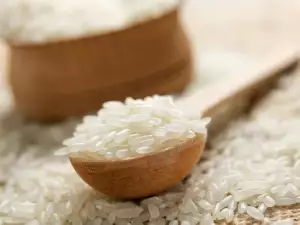



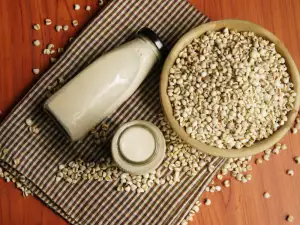

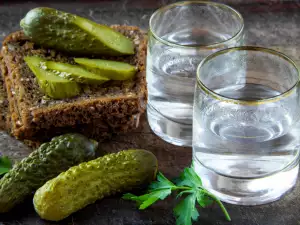

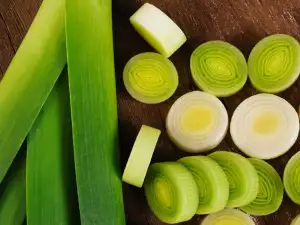
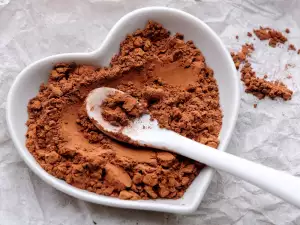
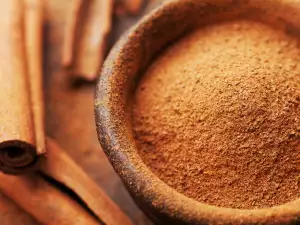


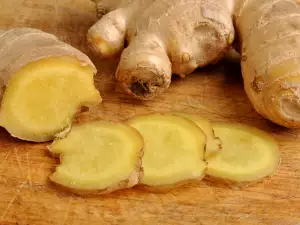



Comments